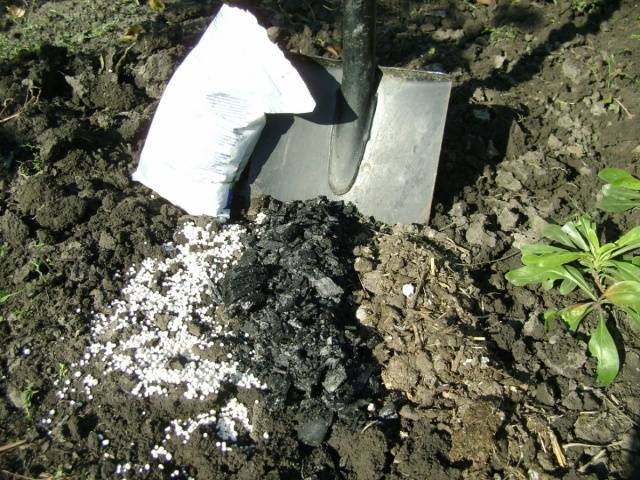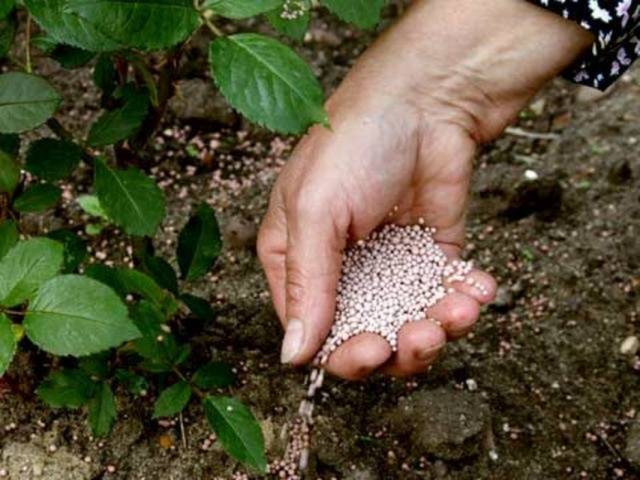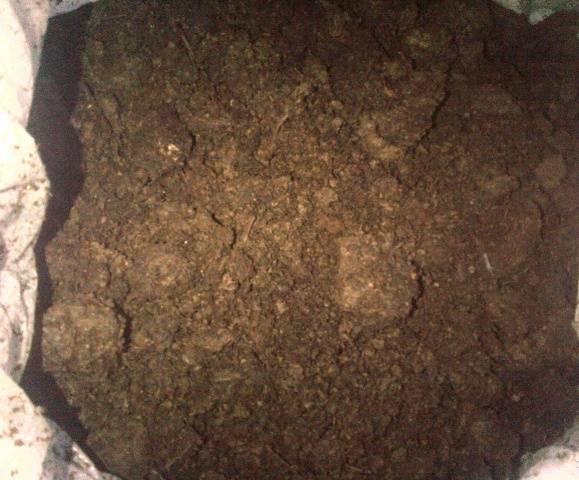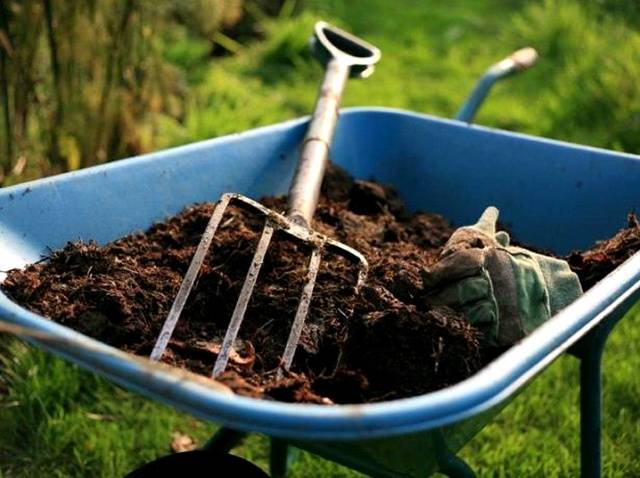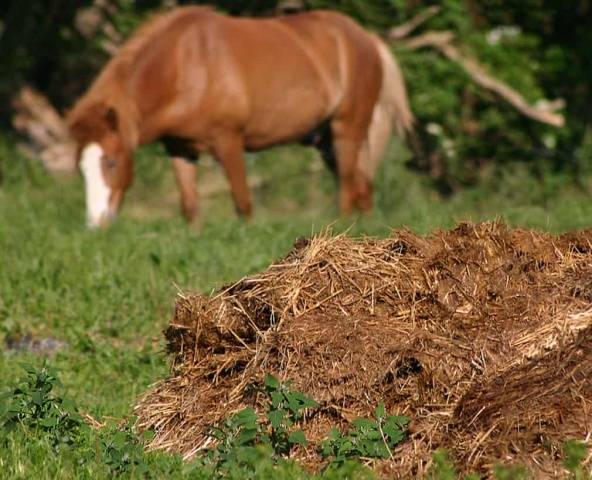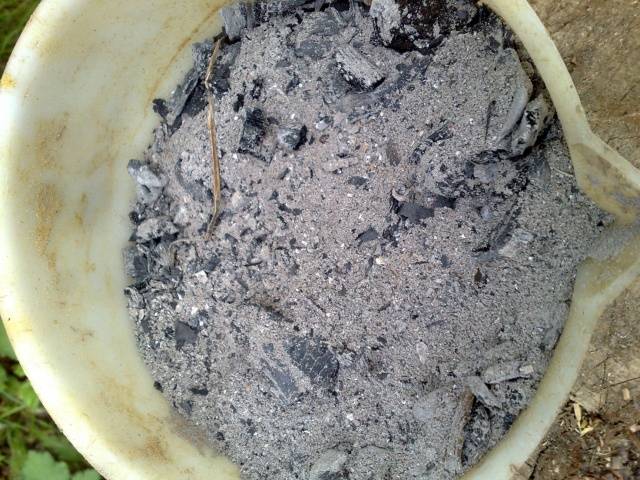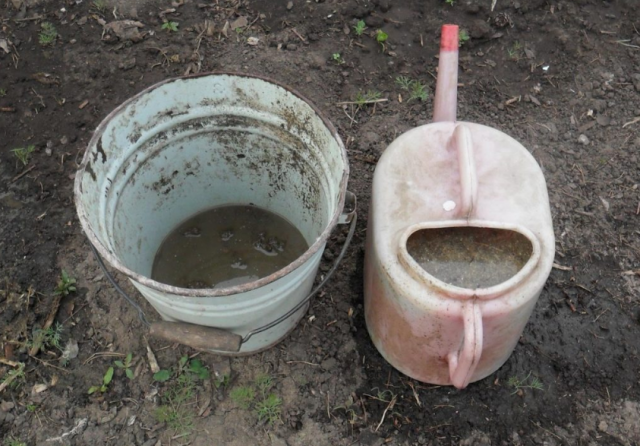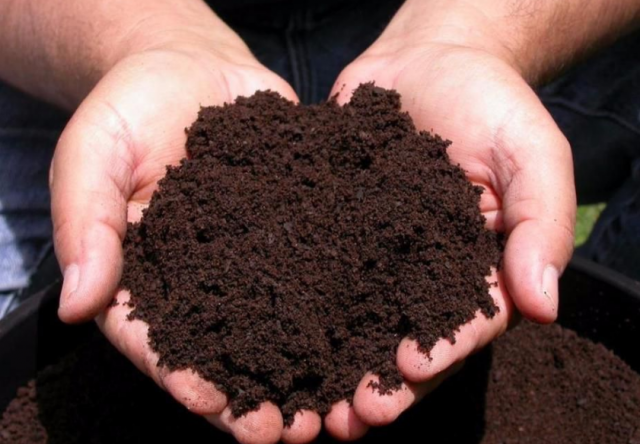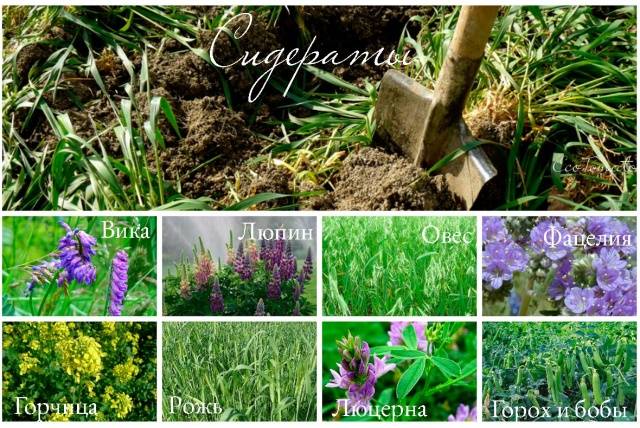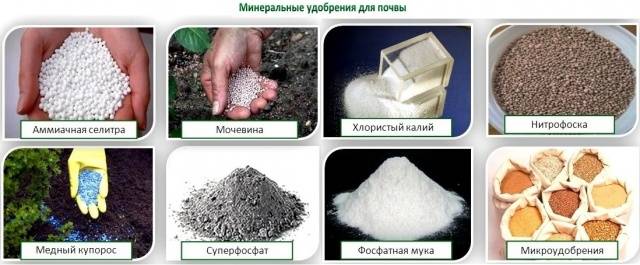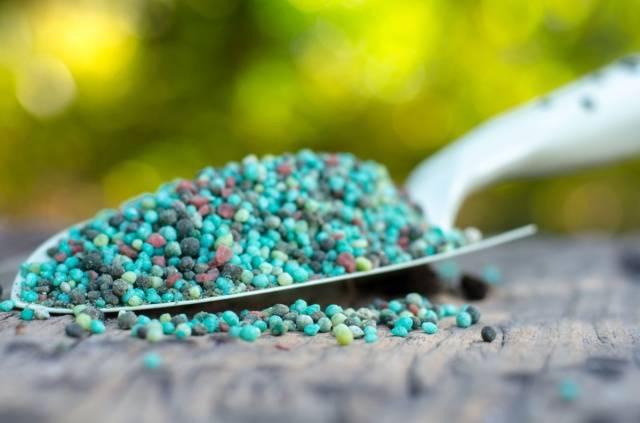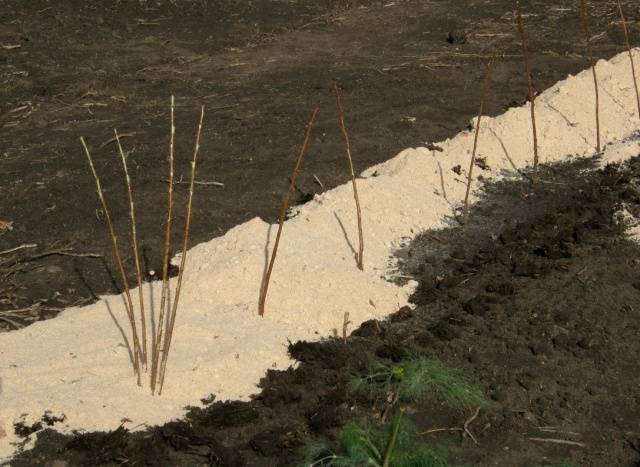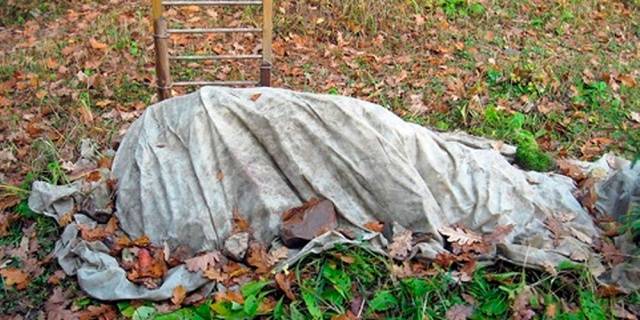Content
The fruiting period draws a large amount of nutrients from the raspberry bushes. If you do not take any measures to restore the balance of the soil, then in the coming year the growth of bushes and fruiting of berries will significantly deteriorate. In view of this, autumn feeding of raspberries is a must for every gardener.
This article will focus on what fertilizers are needed and which should not be applied to the soil when growing raspberries in the fall. You will also find out what kind of care this plant needs before the onset of the winter cold.
Nitrogen. Do I need to bring it into the ground in the fall
Before being executed feeding raspberries in autumn, removal from row spacings is carried out weed plants. Then you should dig the ground between the rows to a depth of about 15 cm, and in the rows between the raspberry bushes - 8 cm deep.
Once every 3 years, before digging, manure is introduced into the aisles at the rate of 4 kg per 1 m2... Nitrogen fertilizers stimulate the growth of shoots, which interferes with their maturation. As a result, the winter hardiness of the raspberry tree is reduced. Some gardeners, on this basis, come to the wrong conclusion, which is that it is impossible to add nitrogen to the soil at the end of summer.
However, starting from August in perennial plants, including raspberries, secondary root growth begins. During this period, it is very important that there is a sufficient amount of nitrogen in the soil. It is usually not necessary to specially feed the bushes with this microelement, since there is still a sufficient amount of it in the soil during this period, provided that it was fertilized in the summer. In addition, during this period, the plants redistribute the nitrogen obtained in the summer, which was stored in reserve in the leaves and shoots.
What fertilizers are best for autumn feeding
Gardeners and gardeners prefer to use organic matter as fertilizer for raspberries. Organic food includes:
- Compost.
- Ash.
- Manure.
- Siderata.
- Bird droppings.
- Peat.
Let's consider each of these fertilizers separately.
Compost. Its features and benefits
If the compost is properly prepared, then its effectiveness can be higher than when fertilizing the soil with manure. A sufficiently rotted compost saturates the soil with nutrients. In addition, it kills pathogens that may well settle in the soil during the growing season of raspberries.
To prepare high-quality compost, you need to throw into the pit:
- Sawdust.
- Kitchen waste (vegetables, tea leaves, fruits, coffee grounds and cereals).
- Hay and straw.
- Cut grass.
- Thin stems and branches of garden trees and bushes.
- Seaweed.
- Recycled wood previously passed through a garden shredder.
- Shredded weeds.
- Rotten leaves and other garden waste.
- Rotted manure.
- Natural materials such as paper and fabric.
- Cut grass.
Manure - natural organic fertilizer
To feed raspberries, you should use rotted manure. It will not only serve as a fertilizer for the bushes, but also protect the roots of the bushes from the cold, as it has good thermal insulation properties. How manure is used to fertilize raspberries in the fall has already been mentioned in the article above.
Manure is very useful for the raspberry plant, as it promotes the rapid growth of bushes early in the spring... Saturates the soil with all trace elements necessary for raspberries.
Ash as fertilizer for raspberries
After harvesting, ash can be scattered under the raspberry bushes. This fertilizer is rich in potassium, which, when accumulated in tissues, yields a harvest of sweet berries. In addition, the ash contains lime, which acts as a neutralizer of acidity in the soil, which raspberries do not like very much. Ash from burnt grass, wood and straw is best suited for fertilizing raspberries.
Bird droppings
This organic fertilizer is the most concentrated. In view of this, it can only be used in a diluted form. The most suitable for fertilizing raspberries is considered chicken droppings... Dilute it in a ratio of 1:20. It is important to distribute the fertilizer evenly.
Warning! If you make a stronger concentrate than 1:20, then the roots of plants can get serious burns, because of which they will not only get sick, but even die. Therefore, the use of bird droppings should be very careful.
Peat as a top dressing for raspberries
There are not as many useful substances in peat as in other types of organic fertilizers, however, its introduction into the soil of the raspberry tree has a very good effect on the bushes. The fact is that it is peat that improves the soil structure. It is often used as mulch.
The soil into which the peat was introduced becomes looser, due to which the roots are provided with good oxygen exchange. Peat is often used in peat-manure composts.
Use of siderates
Siderata are plants planted in the aisles, which in autumn serve as an excellent feeding for the raspberry tree. They are sown in late July or early August. Clover, mustard and vetch can be used as siderates. After harvesting, the aisles are mowed and dug up together with the ground. So, the green mass decays by spring, enriching the soil with all the microelements necessary for the full development of raspberry bushes.
Application of mineral fertilizers
If you do not have the opportunity to introduce organic matter into the soil, then you can replace it with mineral fertilizers containing potassium, phosphorus and nitrogen. If we talk about nitrogen-containing fertilizers, then they are applied in spring and early summer. In this case, you will need ammonium nitrate per 1 m2 - 13 g of fertilizer. You can also fertilize the raspberry with urea in a proportion of 9 g per 1 m2.
In the autumn period, the soil of the raspberry tree needs potash fertilizers. Moreover, they should not contain chlorine. Potassium sulfate can be used as a top dressing at the rate of 25 g of fertilizer per 1 m2... The introduction of potash fertilizers increases the frost resistance of raspberries.
In addition to the above fertilizers, monophosphate and monopotassium phosphate can be applied to the soil. These preparations are highly soluble and are completely absorbed by raspberries, without residue. However, the fertilizer should be buried in the soil, closer to the plant roots. The bush will need 40 g of funds. Kalimagnesia is another potassium-containing drug. It also contains magnesium. The product is not very concentrated, so its dose can be doubled.
Mulching as a frost protection
In order for the applied fertilizers to bring the maximum benefit to the bushes, the roots must be covered before wintering. This is due to the fact that the soil cleared of weeds dries out faster, and also does not protect the root system from freezing.
Sawdust, peat and mown grass are often used as covering material. If you live in a harsh climate, then the bushes can also be bent down and covered with non-woven material to protect them from severe cold.This is especially important if there is little rainfall in your area during the winter. Of course, the covering material should be secured with stones, for example.
Fertilizing and preparing raspberries for wintering is an important stage in growing this healthy and very tasty berry. Such events do not require any special skills, so even an inexperienced gardener can cope with them. After spending a few hours caring for raspberries in the fall, you will receive a bountiful harvest next season.
We suggest you watch a video on how and what is the best way to fertilize raspberries:
